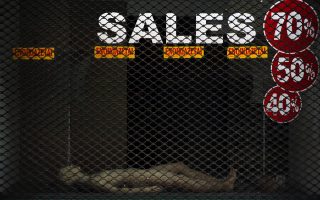The inner memorandum

As we approach the post-bailout era, government-constructed myths begin to fall apart. Greece will need to be under close supervision after the adjustment program expires in August. The leftist-led government does not have a reliable growth program for the post-bailout era, its creditors warn. There is deep concern about the level of foreign investment. Meanwhile, only four or five of the 88 prior actions have been completed, as European creditors and the International Monetary Fund are scheduled to return to Athens on May 14.
If the previous 10 years are to go down as a “wasted” decade, this is not only due to the a la grecque implementation of the bailout agreements; it is also because Greek governments failed to hammer out their own version of the so-called memorandum, a program that would streamline the country’s political and economic system and save us from humiliation. The fact that we chose to keep the bankrupt model in place – that which caused the country to break down – not only signifies the political system’s strong resistance or allergy to meaningful reform; it also reflects the devastating absence of a memorandum ethic inside us. In other words, the absence of rules, necessary limits, an inner discipline which could prevent constant deviations.
After financial assistance to Greece comes to an end, what will we be left with? The answer of course is our own property. Here are some examples in a random order: a fresh wave of public sector hirings, sky-high tax rates, unchecked fuel prices, a spike in crime and lawlessness on university campuses, an endless quest for convenient offsetting measures to boost revenues (like the extensive cultivation of medical cannabis), myriad underemployed young people, pensioners near the poverty line. Furthermore, months after the introduction of the electronic ticketing system on the Athens metro network, we are still talking about the “hour of truth” when ticket barriers will finally be activated.
These are only some of the measures – or lack thereof – which demonstrate that the blame for Greece’s conundrum does not lie with the “evil foreigners” or the “memorandum,” but with the absence of this “inner memorandum,” as it were – the absence of that set of binding principles and mental tools that enable one to make sense of the world around them, to coexist with others, to respect public space, to avoid mistaking vandalism for “revolt against the status quo.” The absence of a memorandum that sorts out the fundamentals inside us, of a guide that would spare us from further ridicule and future bankruptcy.





